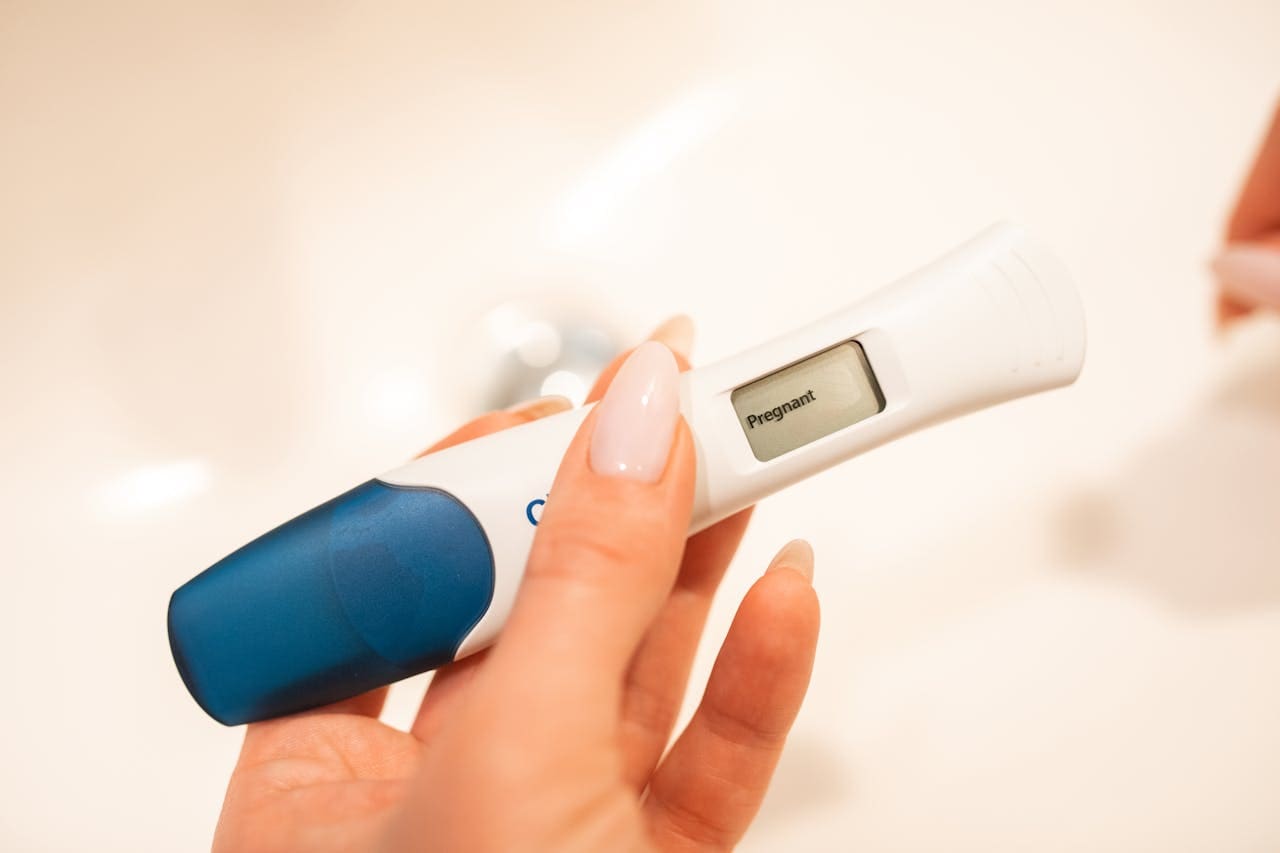The topic of abortion has been the subject of debate in the media over the last few years, exposing extreme and polarised opinions about this medical procedure to the public, and throwing into focus the question of whether or not abortion is safe.
More recently, an article published by the BBC shares that the US Supreme Court is yet to decide whether to restrict access to mifepristone, a pill used as part of the medical abortion process. Mifepristone, or the abortion pill, as it’s also known, is one of the most common methods for ending unwanted pregnancies.
In November 2022, a US-based activist group that includes medical professionals, known as the Alliance for Hippocratic Medicine, filed a lawsuit in Texas, claiming that the FDA (Food and Drug Administration) had illegally allowed the usage of the mifepristone pill to terminate pregnancies, and asked for the drug to be removed from the market. This followed a landmark overturning of 1973 (Roe v. Wade), a law that had previously granted abortion access in the US.
After the court nullified Roe v. Wade in June 2022, 24 states in the US proceeded to ban medical abortion procedures. The remaining states, however, have expanded access by adding legal protections.
The above events bring into focus medical abortion in the UK, which is the most common method of terminating a pregnancy, and begs the question: Is the abortion pill mifepristone really safe?
Thankfully, the short answer is yes! But before we proceed to answer this question in depth, let us first understand how these pills actually work.
Abortion pills explored: Mifepristone and misoprostol
The abortion pills used to terminate unwanted pregnancy via the medical method are Mifepristone and Misoprostol. Mifepristone is generally the first pill in this process and is required to block the hormone progesterone, without which a pregnancy cannot continue further. In the absence of progesterone hormone in the body, the pregnancy is no longer supported by the body, and the uterine lining breaks down which causes the pregnancy to be detached.
The next step is to take Misoprostol, which happens usually after 24 to 48 hours of Mifepristone. Misoprostol is responsible for causing contractions in the uterus, which helps to expel the pregnancy from the body. After taking Misoprostol you may experience period-like cramps and bleeding during this process, which is quite normal. Some known side-effects of these medicines include nausea, vomiting, diarrhoea, fever and chills, which usually improve after 24 hours.
The FDA has allowed this combination of pills to terminate pregnancies of up to 10 weeks, since 2016. Prior to this, it was allowed for pregnancies of up to 7 weeks. The FDA guidelines also explain the importance of taking these medications under healthcare supervision.
The safety of a medication abortion
So what about the safety of these abortion pills? Multiple studies have proven the safety and efficacy of these abortion pills time and time again. For reference, the chances of a serious complication in patients during medical abortion is as low as 0.31%. In comparison, this figure is lower than that of common drugs like Tylenol and Viagra.
When the rate of serious complication is compared to a surgical procedure, the results tip in the favour of the latter, but only by a difference of 0.15%. In practical life, this difference is negligible. To further prove the point, less than 1% of cases of women using the two-step medical abortion pill regime to terminate pregnancy require emergency medical intervention for bleeding. And while some may argue that there is still some risk of a serious complication, that holds true for most over the counter medicines we consume on a daily basis.
Thus, it can be concluded that abortion pills like Mifepristone and Misoprostol are a very safe way of terminating a pregnancy. However, before undergoing any medical procedure, a consultation from a healthcare professional is recommended. This is because medical abortion may not be suitable for everyone. In particular, women with existing health conditions like anaemia, bleeding disorders, pelvic infections, women fitted with an intrauterine device, women who are breastfeeding, and those who are on certain medications. Your medical professional will be able to assess your medical history, how many weeks pregnant you are, and advise you accordingly.
Access to abortion pills
While in the US, the access to abortion pills like Mifepristone remains restricted, thankfully for the UK, that is not the case for most regions. Still, it is advised to check your area’s legal requirements to be doubly sure.
Multiple clinics across the UK now provide abortion pills by post to ease termination of unwanted pregnancy. If eligible, these pills can be taken at home up to 10 weeks into the pregnancy. The cost of abortion pill in the UK can start anywhere from £500 with in-clinic medical abortions starting from around £600, depending on your choice of health clinic and services added.
However, if you are someone who is eligible for an abortion funded by the NHS, provided you meet their stringent criteria, your procedure would be free of charge. Regardless, it is advised to get in touch with a gynaecologist in case of any complications.
Given the longer wait times of the NHS in comparison to private clinics, you may wish to consider using a private abortion clinic as many offer next day appointments, which means you can be seen without needing to join a waiting list.
Making informed choices about abortion
It is important to remember that undergoing an abortion is a personal choice. While it is recommended that you understand the potential risks of abortion pills, and how to access and use them correctly, it is also important to be aware of your right to terminate an unwanted pregnancy. If you do not wish to proceed with your pregnancy and your abortion falls within the legal time limit, no one can stop or influence your decision of termination. Making informed decisions at the right time is key to any medical procedure.




